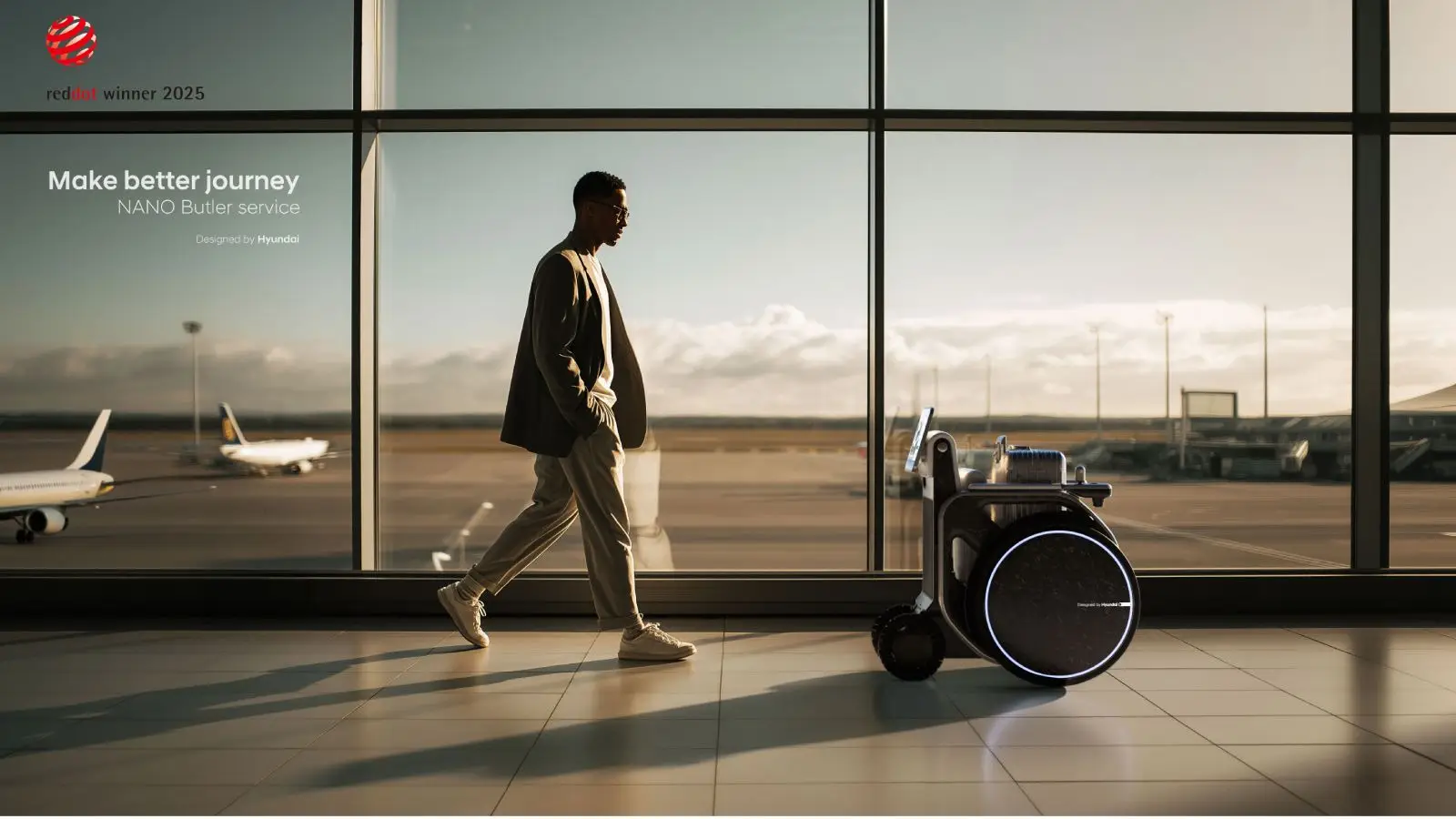Hyundai honored at Red Dot 2025 for innovative EV and mobility design

Hyundai received Red Dot 2025 awards for City Pod, Urban Pod, Nano Mobility, E3W, E4W, and ACR robot. Recognition spans autonomous, commercial, and service design.
Hyundai Motor Company and its Robotics LAB made a powerful impression at the Red Dot Award: Design Concept 2025, securing multiple accolades across various categories. Leading the charge were the City Pod and Urban Pod concepts, both honored with the prestigious ‘Best of the Best’ distinction in the Autonomous category.
City Pod is envisioned as a next-generation, hydrogen-powered mobility platform for large-scale logistics. It integrates an intelligent cargo classification system that operates seamlessly across all stages of transportation. This flexibility makes it suitable for tasks ranging from industrial material handling and waste transport to public transit and hydrogen distribution.
Urban Pod (U-Pod), on the other hand, is a multi-purpose electric vehicle built for driverless operation. Designed for use in environments such as digital twin ecosystems and last-mile delivery, it reflects Hyundai’s vision of a clean, automated future in urban logistics.
Another winner was Hyundai’s Nano Mobility concept, which stood out in the Bicycles and Personal Mobility Devices category. With its simple in-wheel motor design and integration of autonomous driving and fleet management platforms, it opens up new possibilities for micromobility and urban movement.
In the Commercial Vehicles category, Hyundai’s E3W and E4W concepts reimagined the iconic Indian motor rickshaw in electric form. These versatile designs can function as taxis, logistics carriers, or even emergency response units, offering a fresh take on utility in densely populated regions.
Hyundai’s Robotics LAB also claimed victory with its Automatic Charging Robot (ACR) Service, which won in the Service Design category. Equipped with AI-powered object recognition and IP65-rated protection, ACR can autonomously locate and connect to a vehicle’s charging port—regardless of how the car is parked. The entire charging process is monitored via the car’s infotainment system or the user’s mobile device, providing a seamless and user-friendly experience. Pilot tests, including those at Incheon International Airport, are already underway.
These Red Dot victories highlight not just Hyundai’s design excellence, but also the maturity of its future mobility strategy. While no production timelines have been announced, these concepts suggest a clear trajectory: one where smart cities are powered by autonomous, sustainable, and digitally integrated transport systems.
Mark Havelin
2025, Jul 22 09:34


